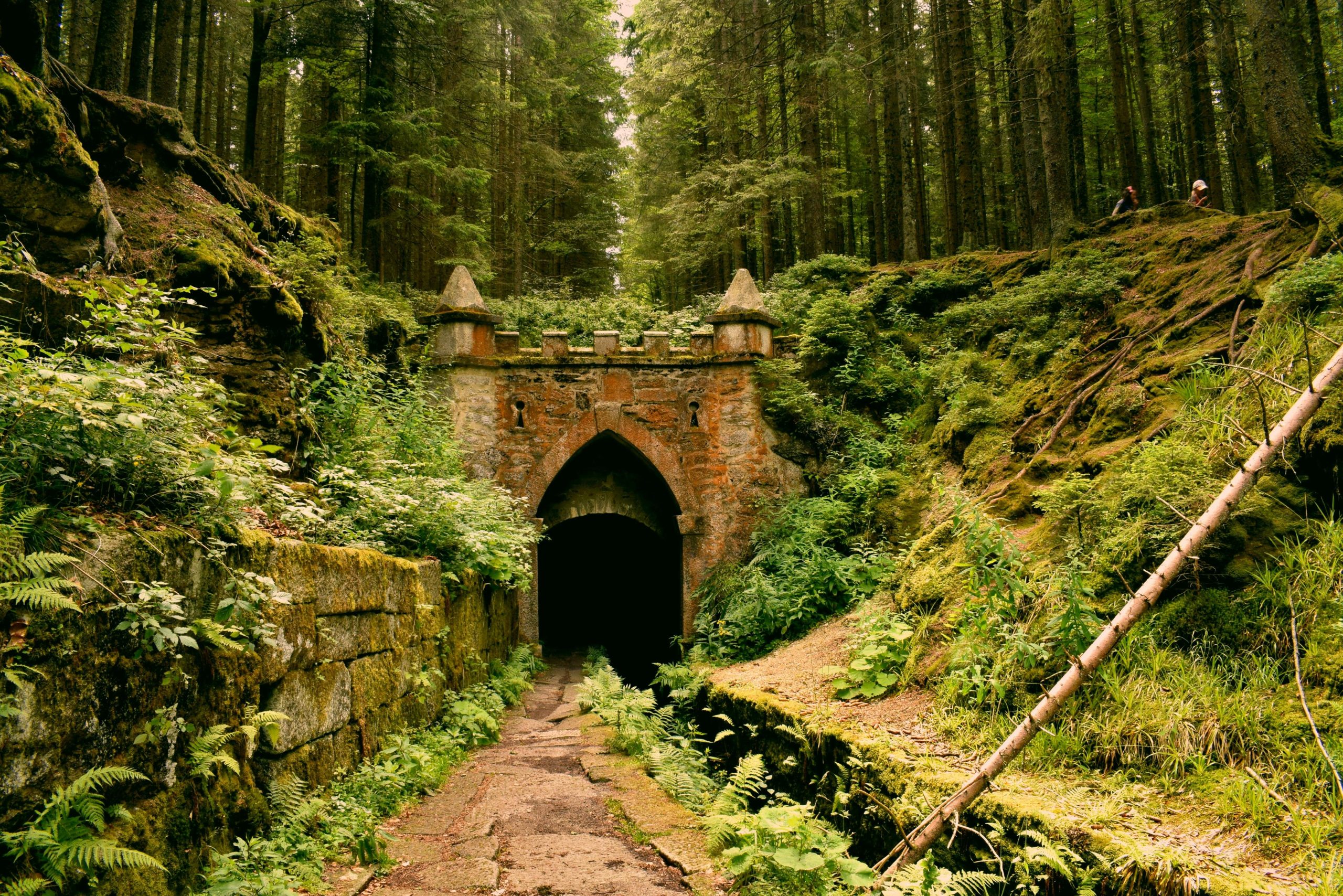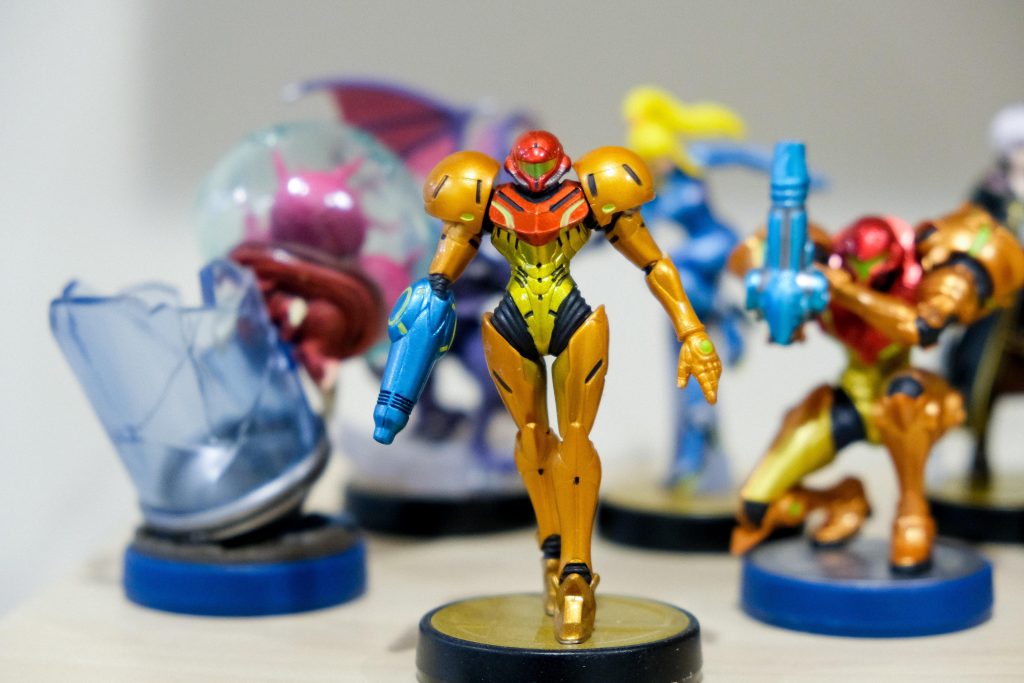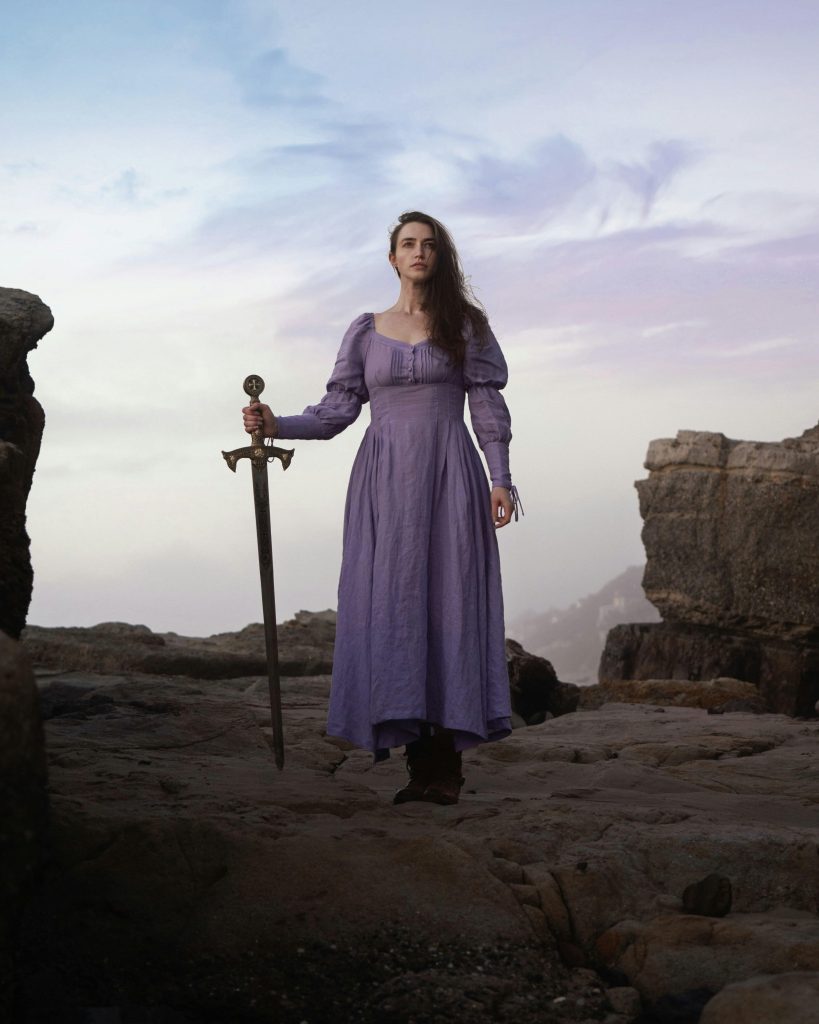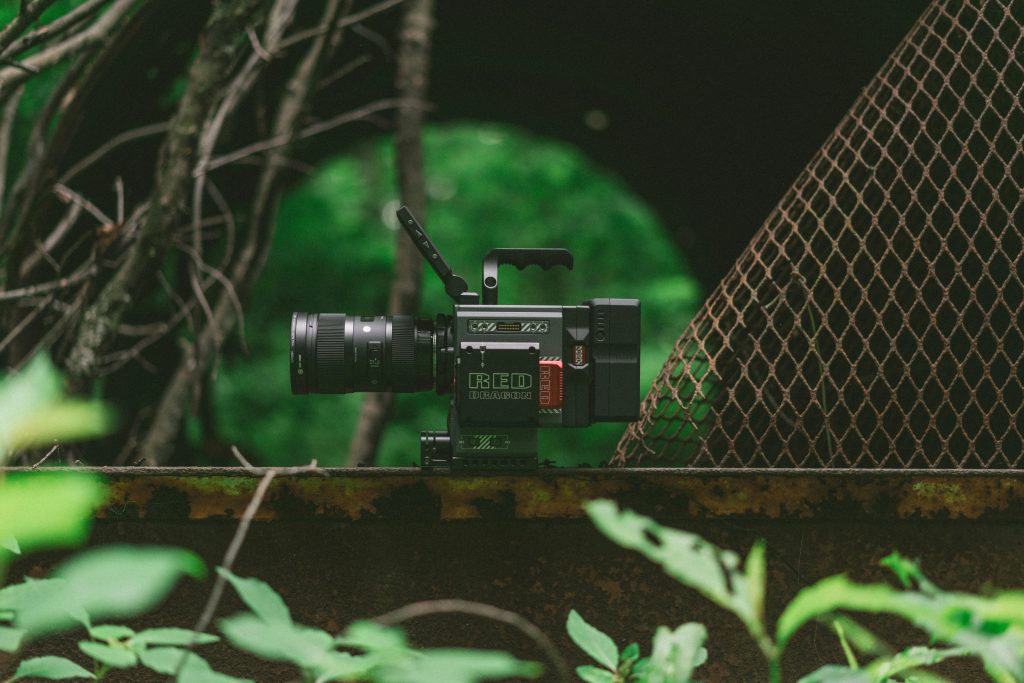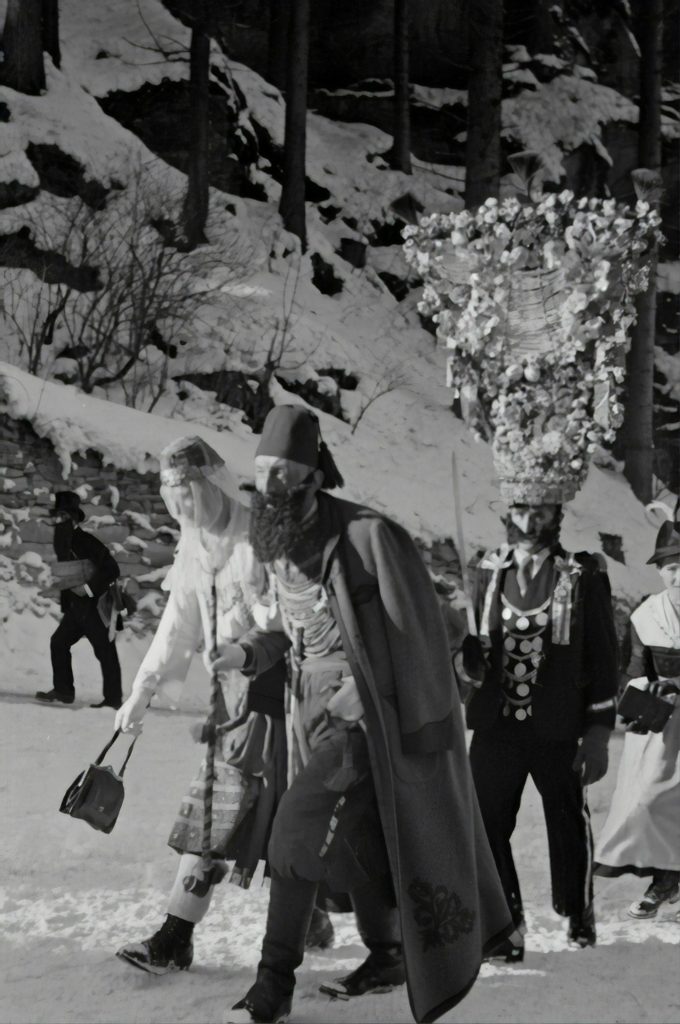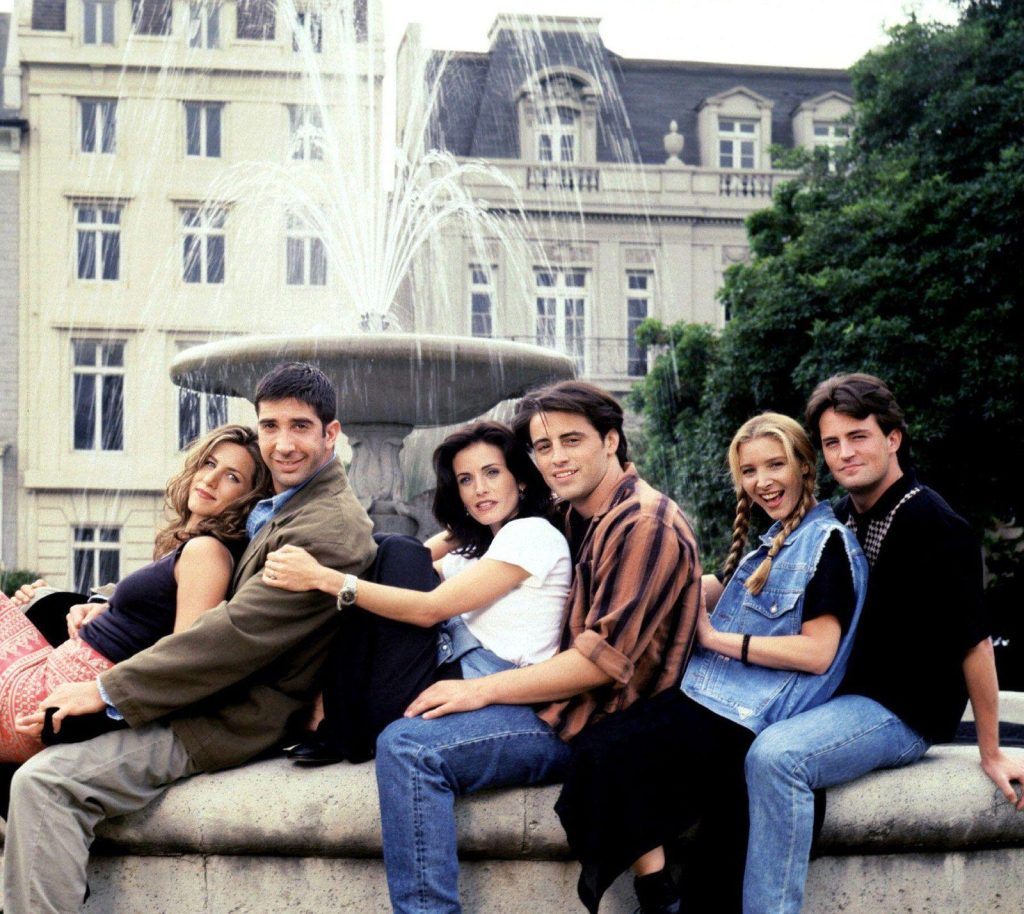In an era where dragons soar across screens and mythical realms come alive with breathtaking realism, the landscape of television has been transformed by the magic of computer-generated imagery (CGI). Fantasy TV shows, once confined to the limitations of practical effects and the imagination, now have the power to transport audiences into vividly rendered worlds where the impossible becomes tangible. Yet, as CGI technology advances at a dizzying pace, a new conversation emerges from the shadows of these fantastical lands: Are these visual marvels enhancing the storytelling experience, or are they overshadowing the narrative depth that has long been the cornerstone of compelling television? This article delves into the heart of this debate, exploring whether the quest for visual splendor in fantasy TV is leading creators to prioritize spectacle over substance, and what this means for the future of storytelling in the genre.
Spectacle Over Substance Exploring the Visual Dominance in Modern Fantasy TV
In the realm of modern fantasy TV, the proliferation of Computer-Generated Imagery (CGI) has given rise to breathtaking visual landscapes that captivate audiences. While these stunning visuals have undeniably elevated the genre, there is growing concern that this emphasis on visual effects might overshadow the narrative core that originally endeared fantasy to its fans. The intricate tapestry of a well-told story, rich with character development and thematic depth, sometimes seems to take a backseat to the allure of dazzling CGI spectacles.
- Character Development: Often, the allure of visual grandeur can lead to underdeveloped characters. When CGI takes precedence, nuanced character arcs may be sidelined, leaving viewers with a visually impressive but emotionally hollow experience.
- Thematic Depth: The heart of fantasy lies in its ability to explore profound themes and moral dilemmas. However, when spectacle dominates, these themes risk being reduced to mere background noise, overshadowed by the latest CGI marvel.
- Narrative Cohesion: A coherent and engaging story is the backbone of any successful series. In some cases, the focus on pushing CGI boundaries results in fragmented narratives, where plotlines are sacrificed for the sake of visually striking scenes.
While the advancements in CGI technology have undoubtedly transformed the fantasy genre, it is crucial for creators to strike a balance, ensuring that the magic of storytelling remains at the forefront, supported, rather than overshadowed, by the visual wonders of the digital age.
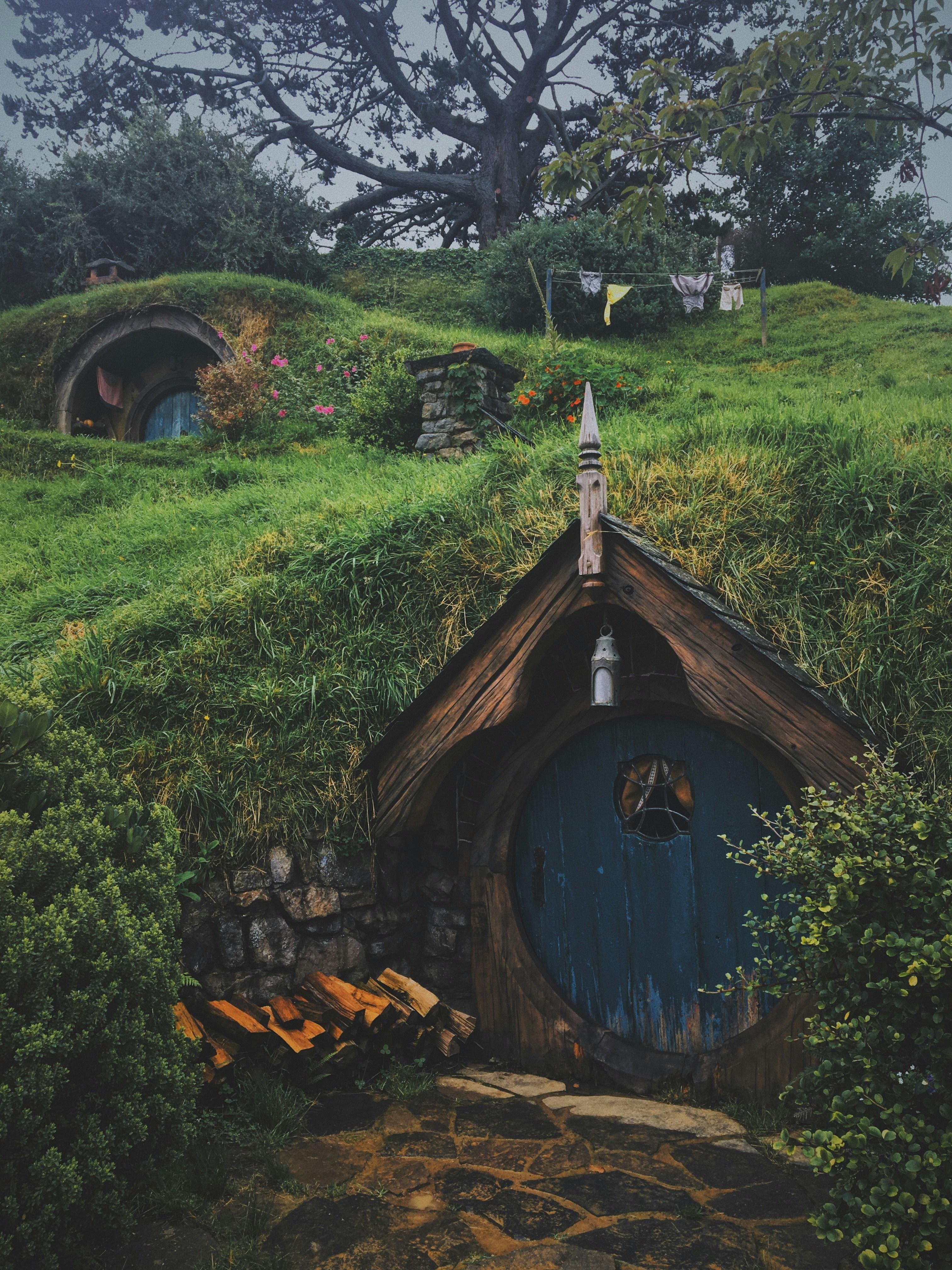
Crafting Worlds or Weaving Stories Evaluating the Balance Between CGI and Narrative
In the dazzling realm of fantasy television, where dragons soar and enchanted forests teem with life, the art of storytelling is undergoing a transformative journey. The allure of CGI is undeniable, drawing viewers into meticulously crafted worlds that seem to defy the limits of imagination. Yet, as these visual spectacles grow more elaborate, a question lingers: Are we witnessing the rise of a new era in storytelling, or merely the triumph of technology over narrative depth?
The delicate dance between CGI and narrative hinges on a balance that many shows strive to achieve. On one hand, there’s the undeniable power of visual storytelling, where:
– Epic landscapes and mythical creatures captivate audiences.
– Complex action sequences become more than just fights—they’re choreographed artistry.
– Fantastical settings transport viewers to places beyond the mundane.
On the other hand, the heart of any memorable story beats in its characters and plot. Here, the risk lies in letting the dazzle of CGI overshadow the soul of storytelling. When worlds are crafted with such detail that the narrative feels secondary, audiences might find themselves yearning for the emotional connections and character-driven arcs that make tales truly timeless. Finding this equilibrium is not just a challenge but an opportunity for creators to redefine the future of fantasy television.
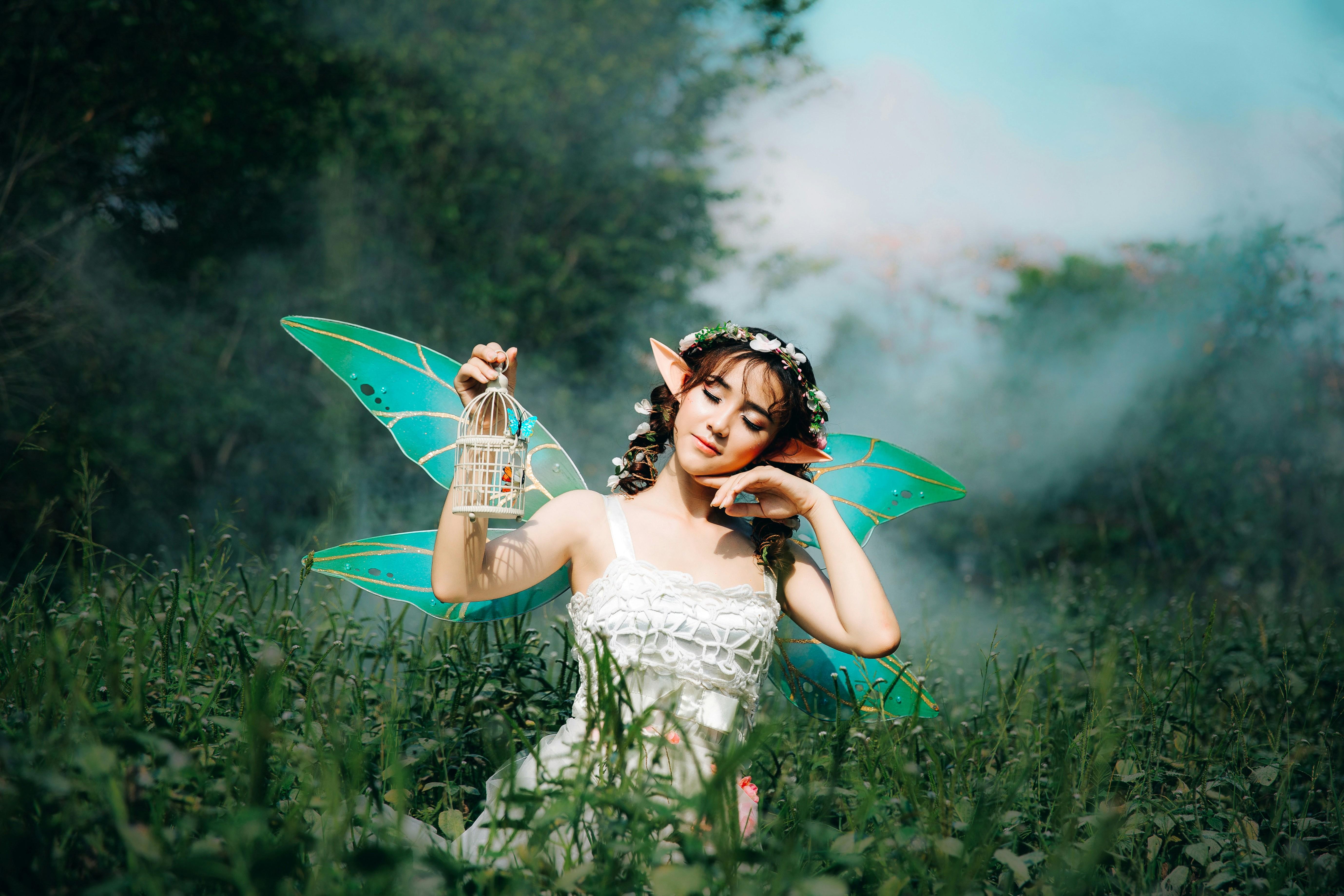
The Allure of the Unreal How Advanced CGI Shapes Viewer Expectations
In the mesmerizing realm of fantasy television, the power of Computer-Generated Imagery (CGI) cannot be overstated. As the technology evolves, it continues to redefine what is possible on screen, crafting worlds that transcend the boundaries of reality. Viewers are often left spellbound by the intricate details and lifelike animations, from the swirling magic of a wizard’s spell to the awe-inspiring landscapes of alien worlds. Yet, this visual feast sets a high bar for expectations, subtly shifting how audiences perceive and judge the quality of visual storytelling.
- Visual Spectacle: Jaw-dropping special effects that create immersive experiences.
- Attention to Detail: Intricately designed characters and settings that enhance believability.
- Heightened Expectations: A demand for ever more stunning and seamless visuals.
As viewers become accustomed to these digital marvels, there’s an underlying expectation for each new show to surpass the last in visual innovation. This relentless pursuit of the visually spectacular can sometimes overshadow the narrative core, leading to debates about whether storytelling is being compromised in favor of spectacle. While the allure of CGI is undeniable, the challenge lies in balancing these captivating visuals with the heart of the story.
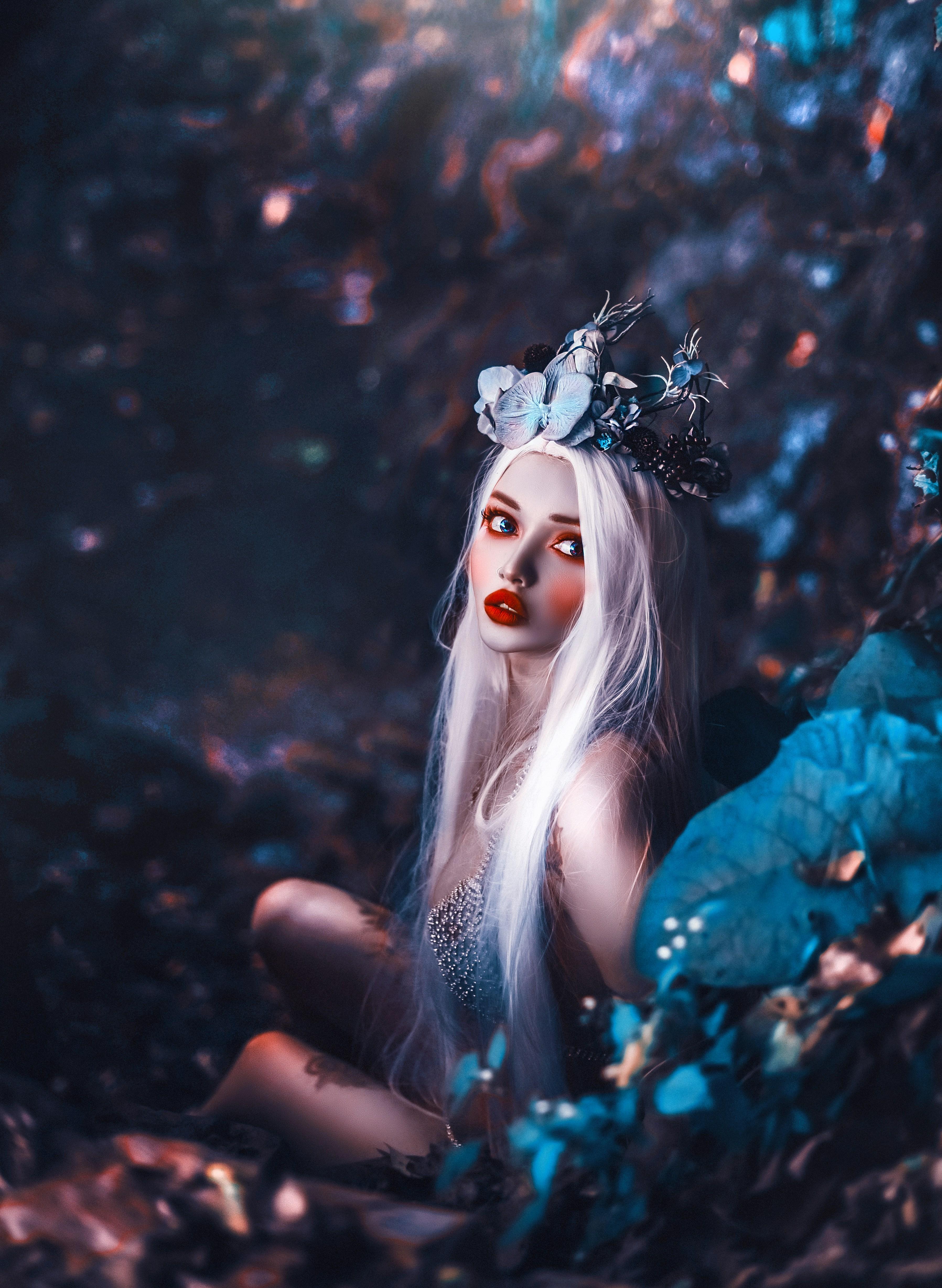
Reimagining Fantasy Storytelling Prioritizing Narrative Depth in a CGI-Driven Era
In recent years, fantasy TV shows have increasingly leaned on the power of CGI to bring to life worlds that are as visually captivating as they are intricate. However, this reliance on digital artistry raises the question of whether the narrative depth is being overshadowed by the dazzling effects. While it’s undeniable that CGI has opened new realms of storytelling possibilities, there is a growing concern that it might be at the expense of character development and plot intricacies. To truly engage audiences, creators should strive for a balance where technology enhances, rather than dominates, the storytelling experience.
- Character Development: Richly developed characters are the heart of any compelling story. Without them, even the most stunning visuals can feel hollow.
- World-Building: While CGI can create breathtaking worlds, it’s the underlying lore and history that make them believable and immersive.
- Emotional Engagement: Special effects should serve the narrative, amplifying emotional moments rather than overshadowing them.
By prioritizing narrative depth alongside technological advancements, fantasy TV shows can offer a more rounded and satisfying experience that captivates both the eyes and the heart.

